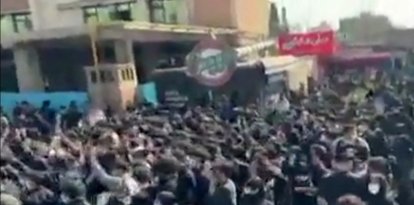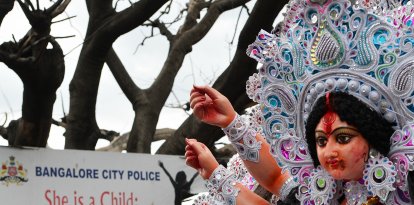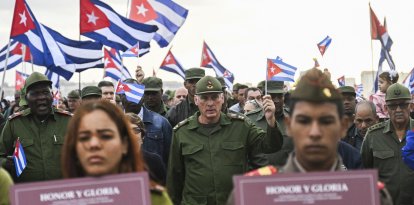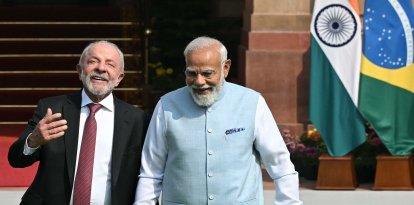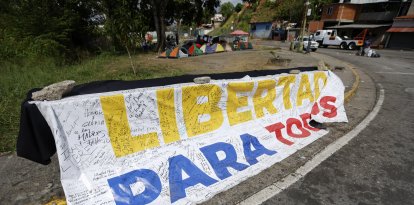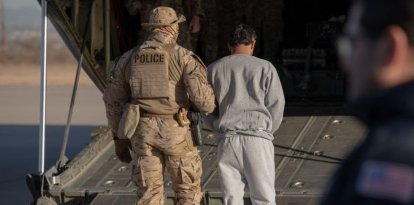Crisis in Guatemala: President-elect receives death threats and losing candidate files complaint alleging voter fraud
The Inter-American Court of Human Rights issued precautionary measures in favor of Bernardo Arévalo and his running mate, Karin Herrera Aguilar.
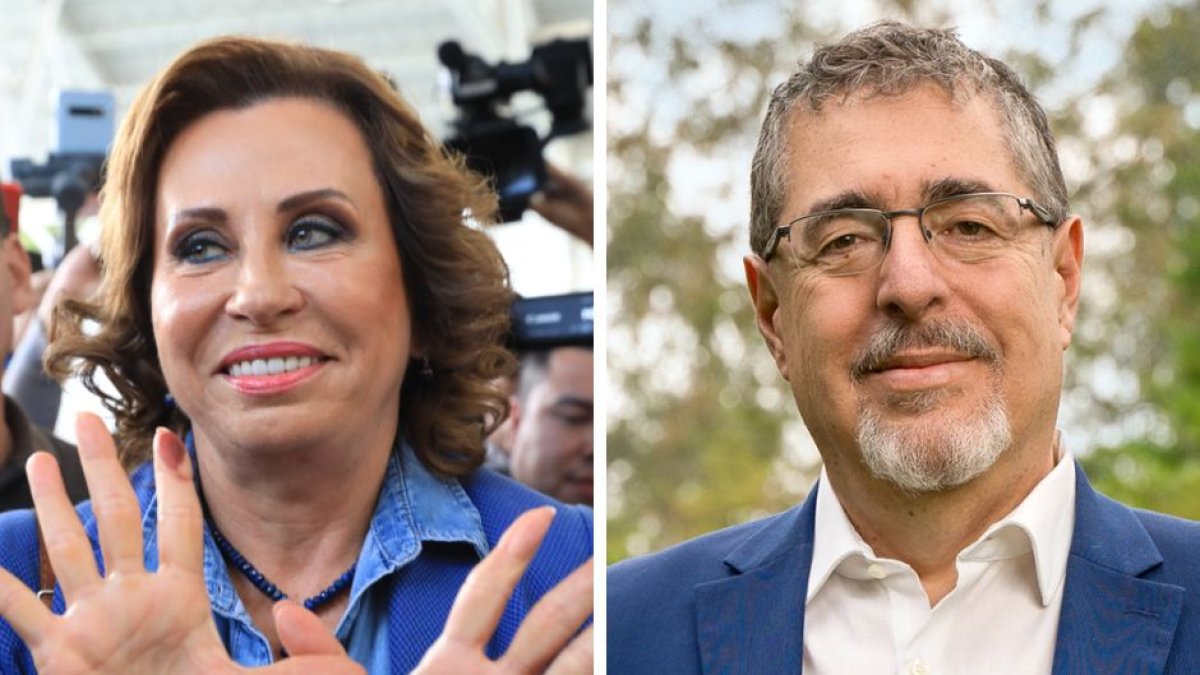
(Cordon Press / Wikimedia Commons)
Guatemala has been facing a crisis ever since the recent presidential election. Bernardo Arévalo, elected president according to the preliminary results of the Supreme Electoral Tribunal (TSE), has been receiving death threats ever since he won the election. The Inter-American Commission on Human Rights (IACHR) issued precautionary measures in favor of Arévalo and his running mate, Karin Herrera Aguilar.
"The request for precautionary measures alleged that Cesar Bernardo Arévalo de León and Karin Herrera Aguilar are purportedly subjected to stigmatization, harassment, stalking, public exposure of their personal information through virtual platforms, as well as threats that include the existence of two plans to attack their lives and integrity, one even notified by prosecutors," wrote the IACHR in a statement published on its official website.
The current Guatemalan government has boosted security after Arévalo started receiving threats. "The State reported on several measures that had been adopted to address this situation. It said it had taken security measures through its Secretariat for Administrative Affairs and Security and its Interior Ministry, including the deployment of security officers, vehicles, a security perimeter, and other protection mechanisms," the IACHR said.
They claim there were "many inconsistencies" in the recent election
While threats are registered against the winner of the elections, Sandra Torres' party requested an investigation be opened into the electoral process considering that there were inconsistencies. They discovered that "There are many inconsistencies, contradictions and above all variation of data," Torres' National Unity of Hope (UNE) party said in a statement, alleging that 'the true results of the voting' had been manipulated." Carlos Aquino, a lawyer for the National Unity of Hope (Unidad Nacional de la Esperanza – UNE), Torres' party, filed a complaint with the attorney general's office.
According to the preliminary results of the second round, Arévalo won 58% of the vote compared to Torres' 37%. However, Torres' party said that, in their opinion, there was electoral fraud in the elections. The complaint, accessed by The Associated Press, said the irregularities amounted to "electoral fraud that changed the true voting results, violating the popular will expressed by the people through vote."













